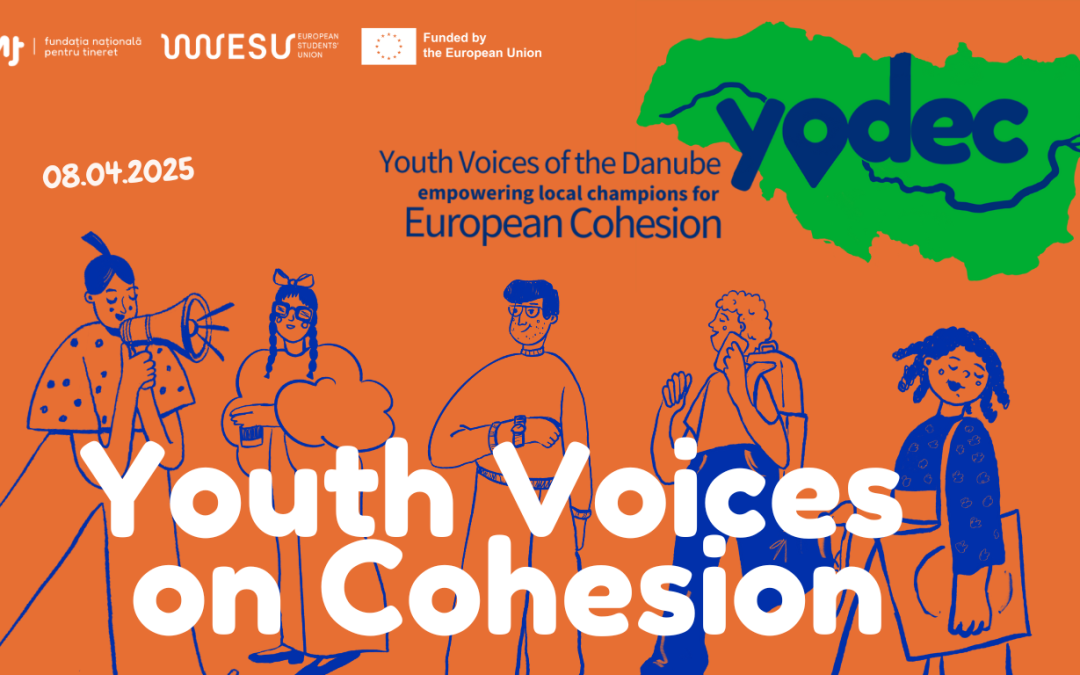On April 8, 2025, a group of young people in Romania gathered to talk about something that affects many border communities: is living near a border more of a problem or an opportunity?
For most participants, the answer was clear — living close to a border brings more benefits than disadvantages. One major advantage is the chance for cultural exchange. It’s easier to meet people from another country, learn about their traditions, and open your mind to new ways of thinking when the border is just a few kilometers away.
Shopping benefits were also a popular topic. In many cases, people can find cheaper products across the border, which can be a real help in daily life. Plus, travel becomes much simpler — whether it’s for studying, working, or just going on a quick trip, living near another country makes it easier to move around and explore new opportunities.
Another strong point is access to jobs. Being able to apply for positions in two labor markets gives young people a better chance to find something that suits their skills and interests. Some even mentioned the advantage of using services from both sides of the border, such as medical care or education.
But it’s not always easy. Some young people pointed out that local prices can increase due to cross-border demand. Others mentioned traffic congestion at border points and the possible risks in case of political tensions between neighboring countries. Despite these issues, most agreed that the positives far outweigh the negatives.
During the second part of the session, young people talked about what areas need better cooperation between communities or even across borders. They highlighted the importance of building stronger cultural connections, organizing shared events, and encouraging mutual understanding.
Public safety also came up as a major point. Young people believe that safer neighborhoods come from strong communication and trust between residents, no matter their background.
When it comes to the environment, the message was loud and clear: pollution and climate change don’t stop at borders, so we need to face these issues together. The same goes for healthcare and education — many students feel that joint efforts could lead to better access and higher quality in both areas.
In cities like Târgu Jiu, young people saw real potential for tourism cooperation. Promoting local attractions with help from neighboring communities or countries could bring new visitors and fresh energy to the region. Infrastructure and traffic planning were also mentioned as key areas that need coordination and improvement.
And what about their dream projects?
There were lots of creative ideas. One of the most exciting was a global online learning platform where students could connect with experts from all over the world. Others dreamed of partnerships for women’s health, including free access to sanitary products during emergencies.
Some imagined eco-friendly construction projects, built on international cooperation to use sustainable materials and smart urban design. Others saw themselves joining work exchange programs, giving them the chance to experience different cultures while learning new skills.
There were also bold ideas about tackling the climate crisis, such as investing in ocean-based renewable energy and launching fully electric public transport systems to clean up our cities.
In the end, what stood out most was the passion and vision of Romania’s youth. They see cooperation not just as a good idea, but as a necessity. Whether it’s through shared education, environmental action, or stronger community ties, they’re ready to shape a more united and sustainable future — together.

